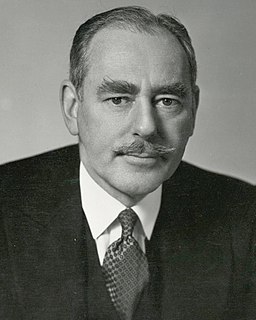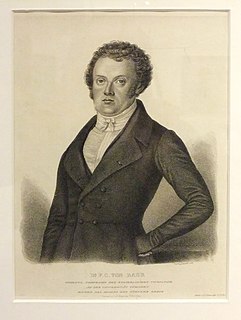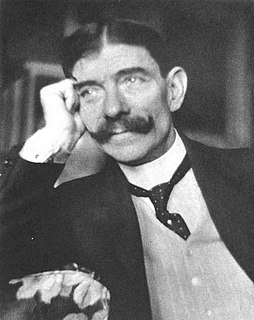A Quote by Thomas Jefferson
Related Quotes
Often the Jesus-focused churches are leaning towards a 'social gospel' interpretation of the kingdom, and the 'Paul' churches are talking about being saved from sin and going to heaven. But when we understand both Jesus and Paul in their historical contexts within the first-century Jewish world, the issues become both more complex and ultimately (I believe) more clear.
Where possible Paul avoids quoting the teaching of Jesus, in fact even mentioning it. If we had to rely on Paul, we should not know that Jesus taught in parables, had delivered the sermon on the mount, and had taught His disciples the 'Our Father.' Even where they are specially relevant, Paul passes over the words of the Lord.
What kind of authority can there be for an 'Apostle' who, unlike the other Apostles, had never been prepared for the Apostolic office in Jesus' own school but had only later dared to claim the Apostolic office on the basis of his own authority? The only question comes to be how the apostle Paul appears in his Epistles to be so indifferent to the historical facts of the life of Jesus....He bears himself but little like a disciple who has received the doctrines and the principles which he preaches from the Master whose name he bears.
Today we often think that before we start living a religious life we have first to accept the creedal doctrines and that before one can have any comprehension of the loyalty and trust of faith, one must first force one's mind to accept a host of incomprehensible doctrines. But this is to put the cart before the horse.
Jesus and Paul were serious dudes. They had teeth missing. Jesus was a carpenter, Paul was in prison. These guys didn’t eat tofu dogs and bean sprouts. They didn’t play tennis. If there were trucks back in their times, they would have been doing driveway lube jobs on a Saturday afternoon. Same thing with King David. Yeah, he might have played a lyre, but he slaughtered thousands of guys.
If the most important revolutionary part of the George W. Bush Doctrine is that states that harbor terrorists are terrorist states, what do we conclude from that? We conclude exactly what Kissinger was kind enough to say: These doctrines are unilateral. They are not intended as doctrines of international law or doctrines of international affairs. They are doctrines that grant the U.S. the right to use force and violence and to harbor terrorists, but not anyone else.






























